Is Fat Good for You? Everything You Need to Know About Dietary Fats

- You need to eat lots of healthy fats to stay slim and perform at your best — they fuel your brain, keep you full, balance your hormones, and much more.
- There are different types of fats, and they all behave differently in your body.
- The best food sources of fat are grass-fed beef, dark chocolate, coconut oil, grass-fed butter, avocado, and egg yolks.
- When you’re on the Bulletproof Diet, you want healthy fats to make up between 50 and 70 percent of your total calories each day.
- Saturated fat is the most stable fat, meaning that it’s least likely to be damaged by oxygen (aka oxidized). Oxidized fats accelerate aging, cause inflammation in the body, and make weaker cell membranes.
- You need to have the right ratio of omega-3 and omega-6 fats. Most Americans consume far too many omega-6s and not nearly enough omega-3s.
For years, most people believed that eating fat would make them fat and damage their heart. But this was faulty thinking, brought about in part by a campaign from the sugar industry back in the 1960s, which paid scientists to blame saturated fat, and not sugar, as a major cause of heart disease. People ended up following low-fat, high-sugar diets, thinking this was the healthy choice. Instead, they just got fatter and fatter.[1]
Recent research has debunked these earlier claims that fat is bad. The fact is, you need to eat lots of healthy fats to stay slim and perform at your best — they fuel your brain, keep you full, balance your hormones, and much more. Fats are the cornerstone of the Bulletproof Diet. But not all fats are created equal. Read on to find out everything you ever wanted to know about dietary fats.
What is fat anyway?

Most of the fats that you eat are made up of triglycerides — molecules composed of glycerol (an alcohol) and fatty acids.
There are different types of fats, and they all behave differently in your body. Most of these differences come down to their chemical structure.
Fat molecules look a bit like cartoonish mice: they have large bodies with thin tails. The length of the tail determines how the fat is processed in the body. Typically, the shorter the tail, the more anti-inflammatory the fat. That’s why the Bulletproof Diet recommends fats with short and medium tails, like grass-fed butter, avocados, and Brain Octane Oil.
The stability of a fat — how easily it spoils and creates free radicals in your body — also makes a fat good or bad (more on fat stability later).
The different types of dietary fats:
- Saturated fats
- Monounsaturated fats
- Polyunsaturated fats
- Trans fats
Read on to learn more about each of these fats, which ones are best for your health, and which ones you definitely want to avoid.
The benefits of fat
When you eat quality fats — namely saturated, monounsaturated and a bit of polyunsaturated fats — you’re doing your mind and your body all kinds of favors. Here is some of what good fat can do:
Strengthens your brain
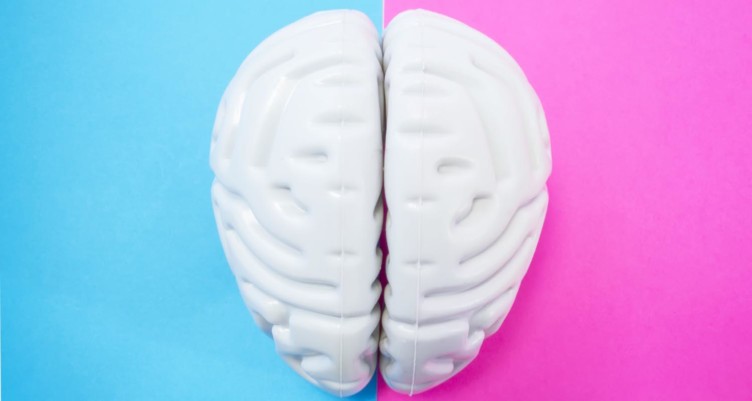
Did you know that your brain is 60 percent fat?[2] It’s actually the fattiest organ in the body, and it needs plenty of good fats to keep it running. Essential fatty acids — fats you only get from food — are the most important fats that grow and develop your brain, starting in the womb.[3] Saturated fat is important for brain function, too. Brain cells are covered in a fatty layer of insulation called myelin, which helps them talk to one another via electrical signals. When your myelin is weak, communication between your brain cells slows down. Saturated fat feeds myelin and keeps it strong and intact.
Keeps the weight off
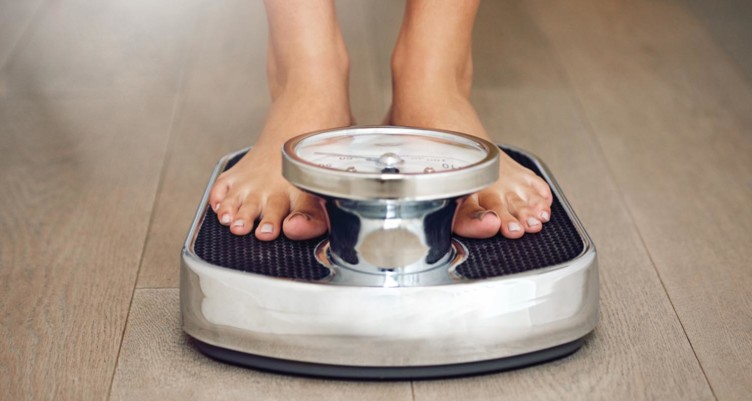
Low-carbohydrate diets help you lose weight faster. When you eat enough of the right kinds of fat without too many carbs, you teach your body to burn fat for fuel, rather than glucose (aka sugar). This process is known as ketosis, and it can help you lose a lot of weight, and quickly.[4] Fat has another metabolic advantage: it doesn’t trigger the release of insulin like glucose does. Insulin is a hormone that controls your body’s fat storage. The more insulin your body produces, the more fat that gets stored.[5]
Builds cell membranes and makes hormones
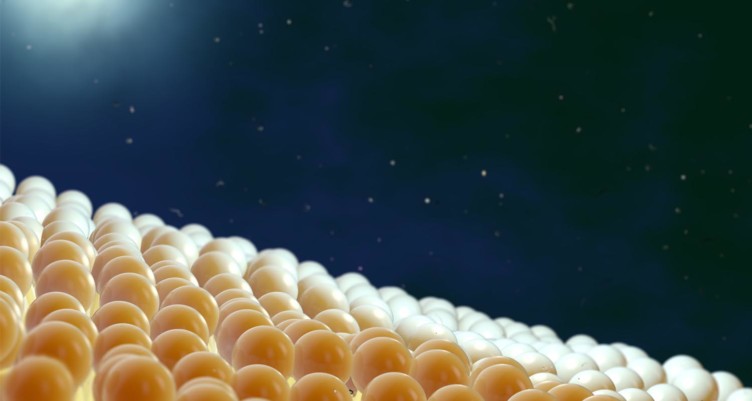
Fat is vital to keeping your cells healthy. That’s because fat helps make up the protective coverings that surround every cell in your body.[6] Two layers of fat called the lipid bilayer control what enters and leaves the cell and give it structure.
Fat also builds sex hormones in the body like testosterone and estrogen.[7] When you don’t eat enough fat, your hormones can get out of whack. When women get too thin, for example, they sometimes stop getting their period — fat produces estrogen which keeps you fertile. Fat also releases leptin, a hormone that stops you from overeating by telling your brain when you’ve eaten enough to satisfy your energy needs. Learn more here about how fat produces leptin.
Keeps you happy

Since fat makes you full for longer and maintains steady blood sugar, you won’t be left feeling “hangry” and grappling with energy crashes throughout the day. Fats are also crucial to keeping your moods stable. One study found that mice fed a high-fat diet showed fewer depressive behaviors after just 48 hours, and the antidepressant effects lasted for the 8 weeks of treatment.[8] Another study found that eating lots of fish high in a fatty acid called DHA could lessen severe symptoms of depression.[9]
Make you feel full longer

Fat is incredibly satiating, so you won’t end up eating as much or as often.[10] Fat keeps your blood sugar stable, freeing you up to power through your day without distracting cravings. Think about how you feel after eating a baguette for lunch. Mid-afternoon and you’re likely already starving again, digging through the fridge in search of a sugary snack. A lunch of wild salmon with vegetables and grass-fed butter will do just the opposite, and you’ll feel satisfied until dinner.
Enhance nutrient absorption

Some vitamins, like A, E, D, and K, are fat-soluble, and need fat to be absorbed by the body.[11] Healthy fats carry these vitamins through the bloodstream and into the liver and body fat, where they get stored until the body needs them. A 2017 study found that people who ate salad with oily dressings absorbed micronutrients like vitamins E and K better than people who ate salads without oil.[12]
Good for your heart
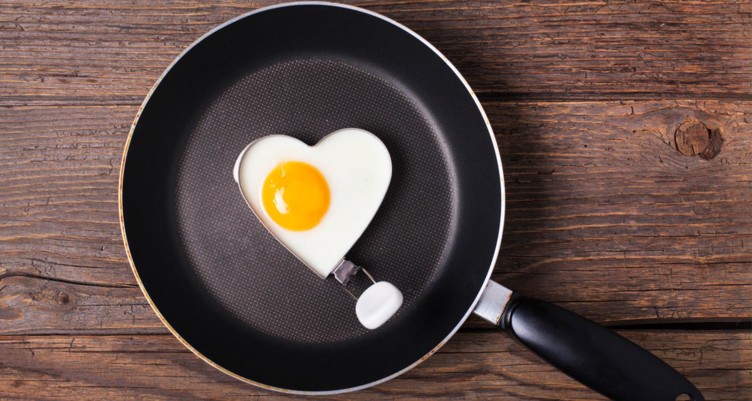
For decades, a high-carb, low-fat diet was billed as “heart healthy,” yet Americans kept gaining weight and rates of heart disease soared. That’s because when you stay away from fat and eat lots of carbs, you raise your blood sugar, which increases your risk of coronary artery disease.[13] Studies show that supplementing with omega-3 fatty acids could prevent and treat heart disease.[14]
How much fat do you need?
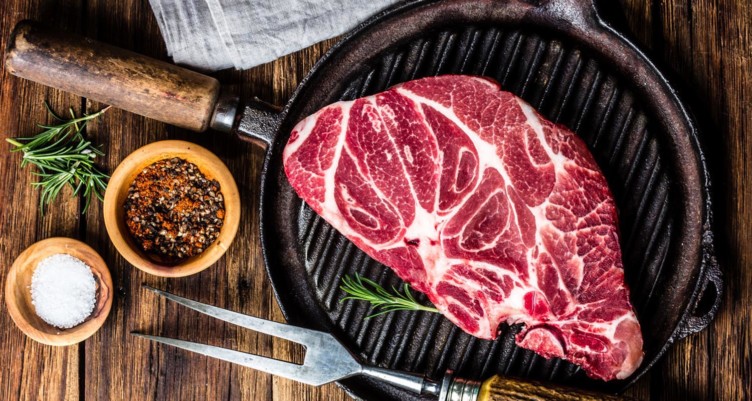
When you’re on the Bulletproof Diet, you want healthy fats to make up between 50 and 70 percent of your total calories each day.
Men should get at least 120 to 150 grams of fat (8 to 10 tablespoons) each day. Women should aim for between 90 to 120 grams (6 to 8 tablespoons) per day.
Keep in mind that your weight, how much you exercise, your genes, and hunger levels all factor in when determining exactly how much fat is right for you.
Sources of good fats:
- Grass-fed beef
- High-quality dark chocolate
- MCT (medium chain triglycerides) oil and coconut oil
- Grass-fed butter
- Avocado
- Extra-virgin olive oil
- Pastured egg yolks
Are saturated fats bad?

Saturated fat got some negative press back in the 1960s, when a scientist named Ancel Keys published research that claimed it caused heart disease. You’re probably familiar with the theory — that the saturated fat in butter, red meat, and egg yolks drives up cholesterol, which builds up in the arteries, blocking the flow of blood to the heart. The study was later debunked — it turned out Keys had manipulated the research to demonize fat. Later studies showed that saturated fat doesn’t raise levels of bad cholesterol (LDL) in the body.[15] Yet saturated fat is still shaking off its reputation as an artery-clogger.
The fact is, saturated fat is the most stable fat that there is. A stable fat is the least likely to be damaged by oxygen (aka oxidized). Oxidized fats accelerate aging, cause inflammation in the body, and make weaker cell membranes.
Take a look at this diagram of a saturated fat molecule below — there are no open spaces, or “binding sites,” where a free radical can enter and damage the fat. Every seat at the table is occupied.
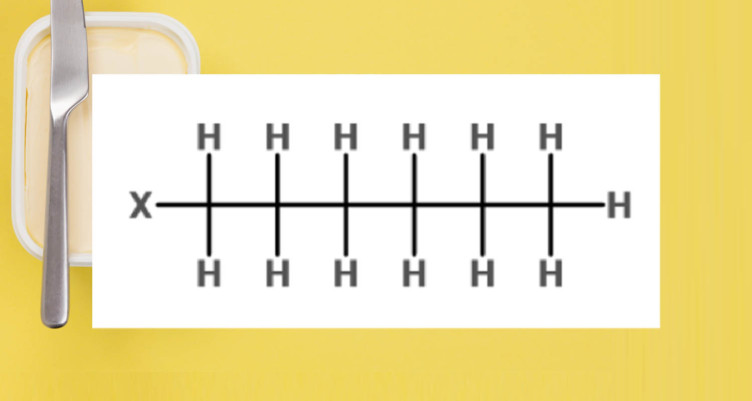
The best source of saturated fat is grass-fed butter. It’s full of antioxidants, fat-soluble vitamins, and fatty acids like fat-burning conjugated linoleic acid (CLA) and butyrate, a short-chain fatty acid that strengthens the gut and the brain.[16] Mix it into your Bulletproof Coffee, or melt it over steamed vegetables at lunch.
Monounsaturated fats
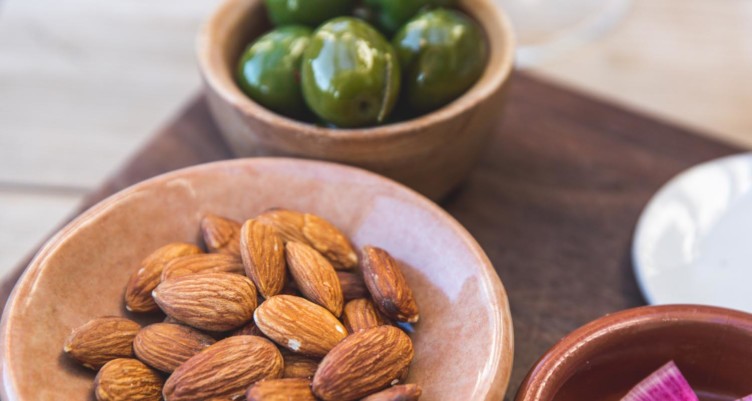
Monounsaturated fat is the second most stable fat after saturated fat. If you look at the image below, you’ll see there is only one binding site open where a free radical can enter and oxidize the fat.
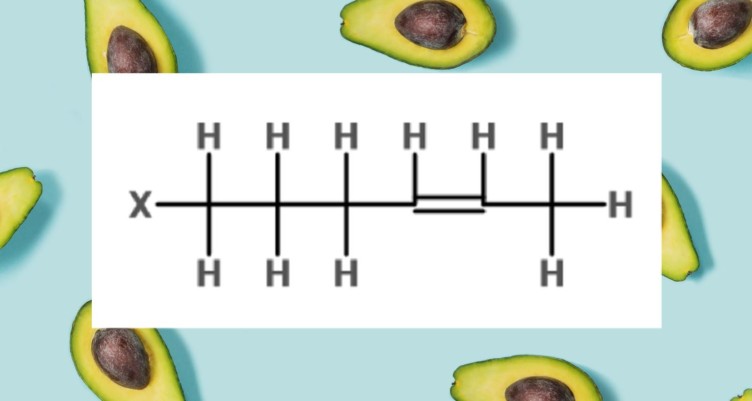
Monounsaturated fats are liquid at room temperature, while saturated fats are usually solid at room temperature. You want to eat both of these types of fat every day.
The most common type of monounsaturated fat is oleic acid — studies have found it boosts longevity and protects the heart.[17]
Foods rich in monounsaturated fat include:
- Olives
- Avocados
- Eggs
- Almonds
- Pasture-raised pork
Polyunsaturated fats
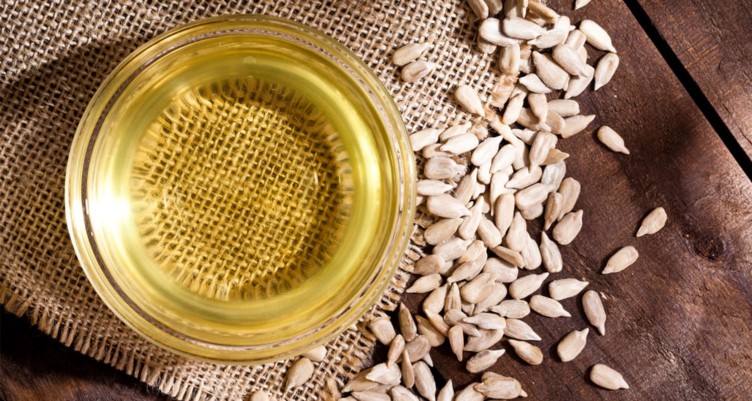
Polyunsaturated fats are the least stable, most easily oxidized, and therefore inflammatory fats. Unlike saturated and monounsaturated fats, polyunsaturated fats have plenty of binding sites open (see the spaces in the diagram below), making them especially vulnerable to damage.
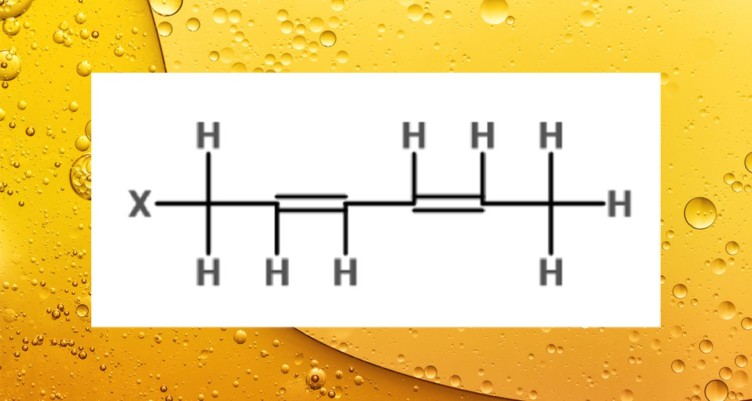
Eating too much of this type of fat could lead to health problems. Polyunsaturated fats are primarily found in canola, corn, cottonseed, peanut, safflower, soybean, sunflower and all other vegetable oils. Lower-quality oils are often genetically-modified and made using toxic solvents.
If your favorite food contains vegetable oils, look at the source. High-oleic, non-GMO sunflower and safflower oils are similar to other quality fats like olive oil and cashews. It’s too simplistic to say that all oils are bad — in reality, it depends on what you eat and how much of it. In fact, two of the most important types of fats are polyunsaturated. Omega-3 and omega-6 essential fatty acids are both unstable but they’re vital to your survival. Your body can’t produce these fats on its own — you have to get them from food.
They’re not created equal: omega-6s cause inflammation in the body, while omega-3s don’t.
Related: 9 Reasons Canola Oil is Bad For You (As In, Toss it ASAP)
Omega-3 fatty acids
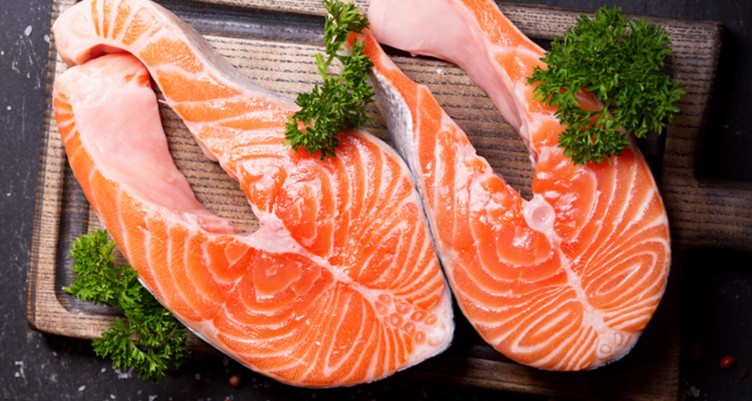
The best sources of omega-3 fats are wild salmon, sardines, anchovies, grass-fed beef and pastured egg yolks. Walnuts, flaxseeds, and chia seeds are also rich in omega-3s, but your body can’t easily absorb fatty acids from plants (more on that below). You can also supplement your diet with krill oil, which is more quickly and better absorbed by the body than other fish oil supplements. One gram of krill oil a day is good.
Buy Bulletproof Omega Krill Complex now
There are different kinds of omega-3s:
- EPA (eicosapentaenoic acid) and DHA (docosahexaenoic acid) – these are long-chain fatty acids, which means they have at least 14 carbon atoms in their tails, and both come from animal sources. Most fish oil supplements contain a combination of EPA and DHA, since they each carry benefits and complement each other.[18] EPA and DHA are especially important for pregnant and breastfeeding women — they’re essential to building and strengthening your baby’s brain.
- ALA (alpha-linolenic acid) – this is also a long-chain omega 3 fatty acid, with 18 carbon atoms in its tail. ALA comes mostly from plant sources. Most animals can’t use it, so their bodies convert it to more useful omegas such as EPA and DHA. Humans aren’t so good at doing this, and can only convert at most up to 9 percent of ALA to DHA and 13% to EPA.[19][20] That’s why foods high in ALA like chia seeds and flaxseed oil aren’t high on the list of Bulletproof-approved foods. You’re better off getting your EPA and DHA directly from animal sources.
Omega-6 fatty acids
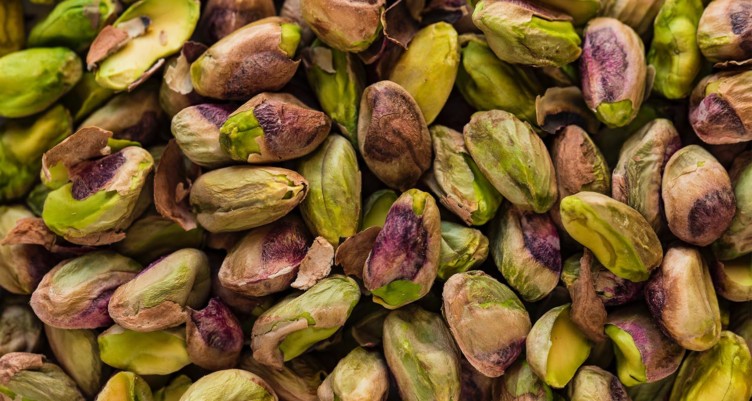
Omega-6 fats are found in most refined vegetable oils like sunflower and peanut oils, in poultry, as well as in certain nuts and seeds, like pumpkin seeds and pistachios. A little bit of omega-6 fat keeps your brain strong, grows your muscles, and stabilizes your blood sugar. But too much of this type of fat causes inflammation in the body.
The most common type of omega-6 is linolenic acid, which the body converts into another fatty acid called arachidonic acid. Arachidonic acid builds molecules that promote inflammation (although it can carry benefits, like building cell walls).[21][22]
The right ratio
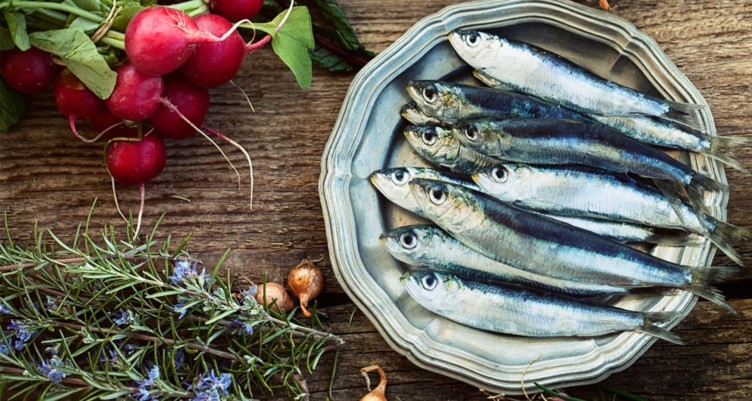
You need to have the right ratio of omega-3 and omega-6 fats, otherwise they end up competing for space in your body. The problem is, most Americans consume far too many omega-6s and not nearly enough omega-3s.
Ideally, you want to eat just enough omega-6s to get the benefits, but then balance that out with plenty of omega-3s. Learn more here about how to balance your omega-3 and omega-6 levels.
Most Americans eat a ratio that’s between 12:1 and 25:1, so you can see how skewed it is. That’s thanks to the prevalence of vegetable oils in the Western Diet. These oils, like corn and soybean oil, are inexpensive to produce, so food companies use them in processed goods like cookies, crackers, popcorn, and frozen pizza.
Other common foods on the menu, like poultry and various nuts and seeds, are also high in omega-6s. That’s why the Bulletproof Diet limits the amount of chicken and turkey that you eat, so your ratio can remain balanced.
It’s not easy knowing whether you’re getting the balance right. One way is to just cut way down on foods that you know are high in omega-6s, then ramp up the amount of omega-3 foods that you eat.
Check out these handy charts to find out what foods have a lot of omega-3s and not much omega-6s, and vice versa.
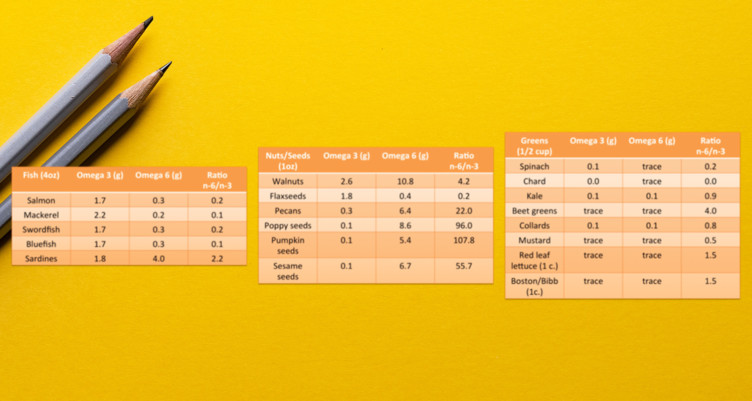
What’s the deal with trans fats?
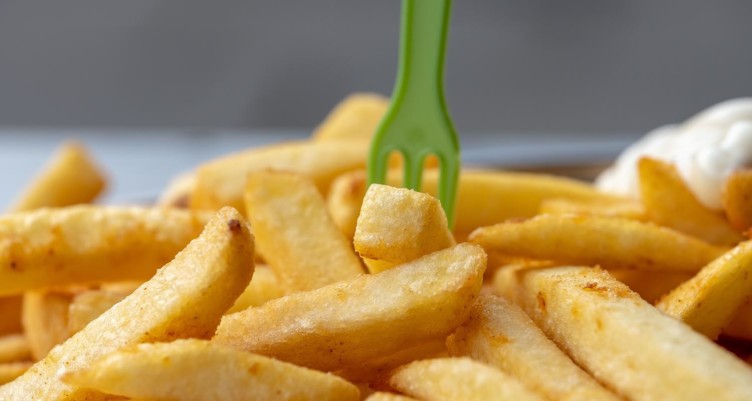
Trans fats are industrially-produced oils used in highly processed foods like packaged baked goods, stick margarine, and fried foods.[23] These artificial trans fats are formed when hydrogen gas is added to vegetable oil to make it solid. They’re cheap to produce and extend the shelf life of products.
Man-made trans fat is the worst type of fat for your health. It increases your bad (LDL) cholesterol and lowers your good (HDL) cholesterol. It’s also highly inflammatory and raises your risk of stroke, heart disease, and diabetes.[24] Trans fat can even affect your brain and lead to depression and memory loss.[25]
More than half a million people die each year from heart disease linked to trans fat, according to the World Health Organization. The organization recently called for all countries across the globe to ban the use of artificial trans fats in foods.[26]
Some trans fats occur naturally in dairy and beef, and don’t pose the same health risks as artificial trans fats. In fact, naturally-occurring trans fats may in fact be good for you — research shows it can protect your heart. In a 2015 study, German researchers found that people with high levels of natural trans fats were 37 percent less likely to die from a sudden heart attack than those who had low levels of these fats.[27]
What you need to look out for

You learnt earlier that most dietary fat is made up of glycerol and fatty acids. But these fatty acids are easily damaged by heat, oxygen, and light. So when choosing a fat, you want to make sure you pick one that’s stable, which means it’s less likely to be spoiled.
Saturated fat is the most stable fat, followed by monounsaturated fat, then polyunsaturated fat.
Since high heat can damage fats, it’s best to cook all your food below 320°F.
RELATED: 4 Healthy Fats for High Heat Cooking
But sometimes you want to sear a nice, juicy steak at high heat. When cooking with heat, saturated fats are the best bet, and the least likely to break down at high temperatures. Next time you’re at the stove, make sure to reach for healthy, stable fats like grass-fed butter or ghee, coconut oil, grass-fed beef tallow (a butter made from animal fat, and not milk fat), and normal olive oil (not extra virgin, which is great for salad dressings but is easily damaged by heat).
Sign up for early access to sales, product launches, the latest Bulletproof news and more!



